But what we call our despair is often only the painful eagerness of unfed hope
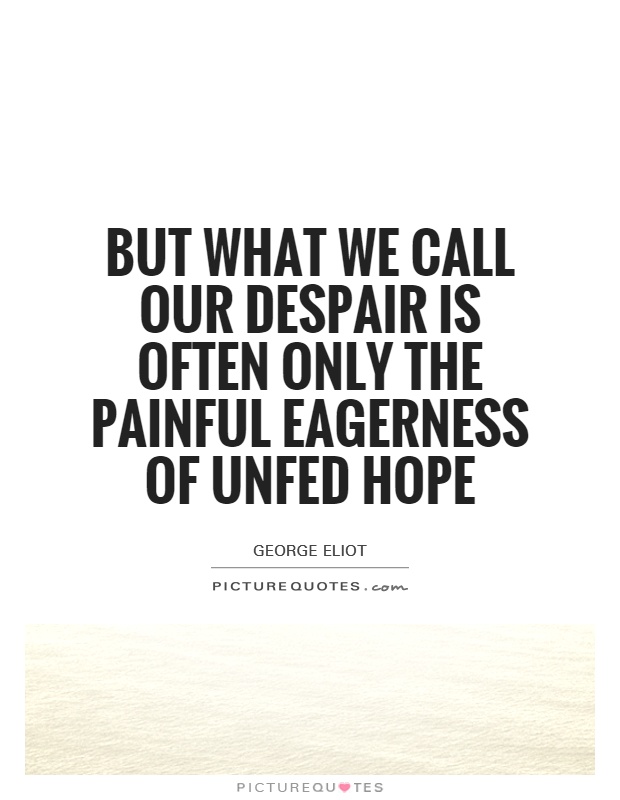
But what we call our despair is often only the painful eagerness of unfed hope
In the world of literature, few authors have captured the complexities of human emotion and experience quite like George Eliot. Known for her insightful and profound observations on life, love, and the human condition, Eliot's works often delve deep into the inner workings of the human psyche. One of her most famous quotes, "But what we call our despair is often only the painful eagerness of unfed hope," perfectly encapsulates the essence of her writing and the themes she explores.Eliot's quote speaks to the idea that what we often perceive as despair or hopelessness is actually just the result of unfulfilled expectations and desires. In other words, our despair is not a reflection of our true feelings, but rather a manifestation of our unmet hopes and dreams. This concept is a recurring theme in Eliot's work, as she often explores the ways in which our expectations and desires shape our experiences and perceptions of the world.


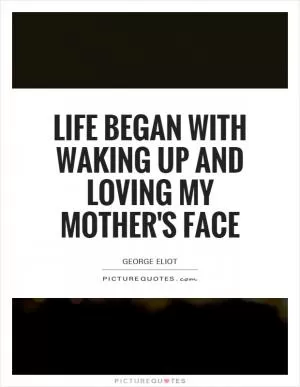
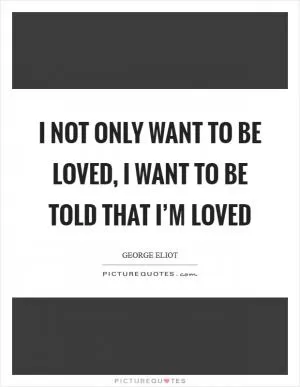


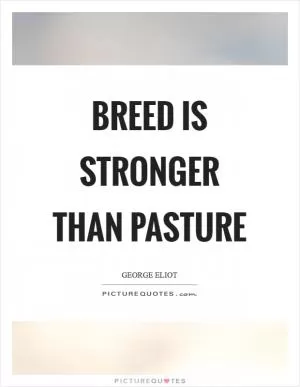

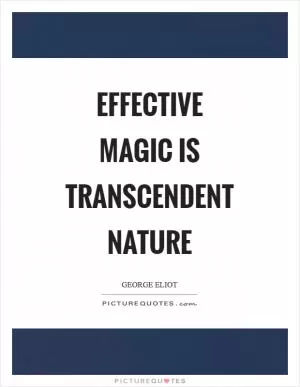
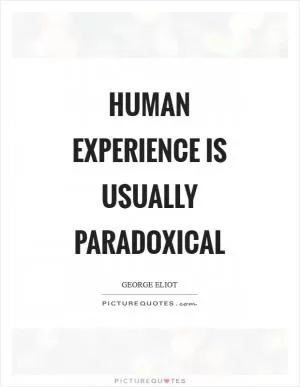
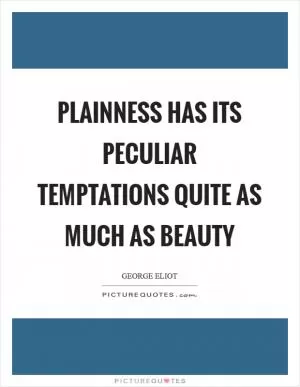
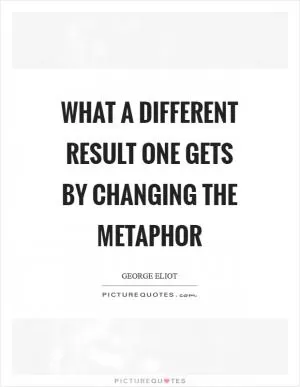
 Friendship Quotes
Friendship Quotes Love Quotes
Love Quotes Life Quotes
Life Quotes Funny Quotes
Funny Quotes Motivational Quotes
Motivational Quotes Inspirational Quotes
Inspirational Quotes